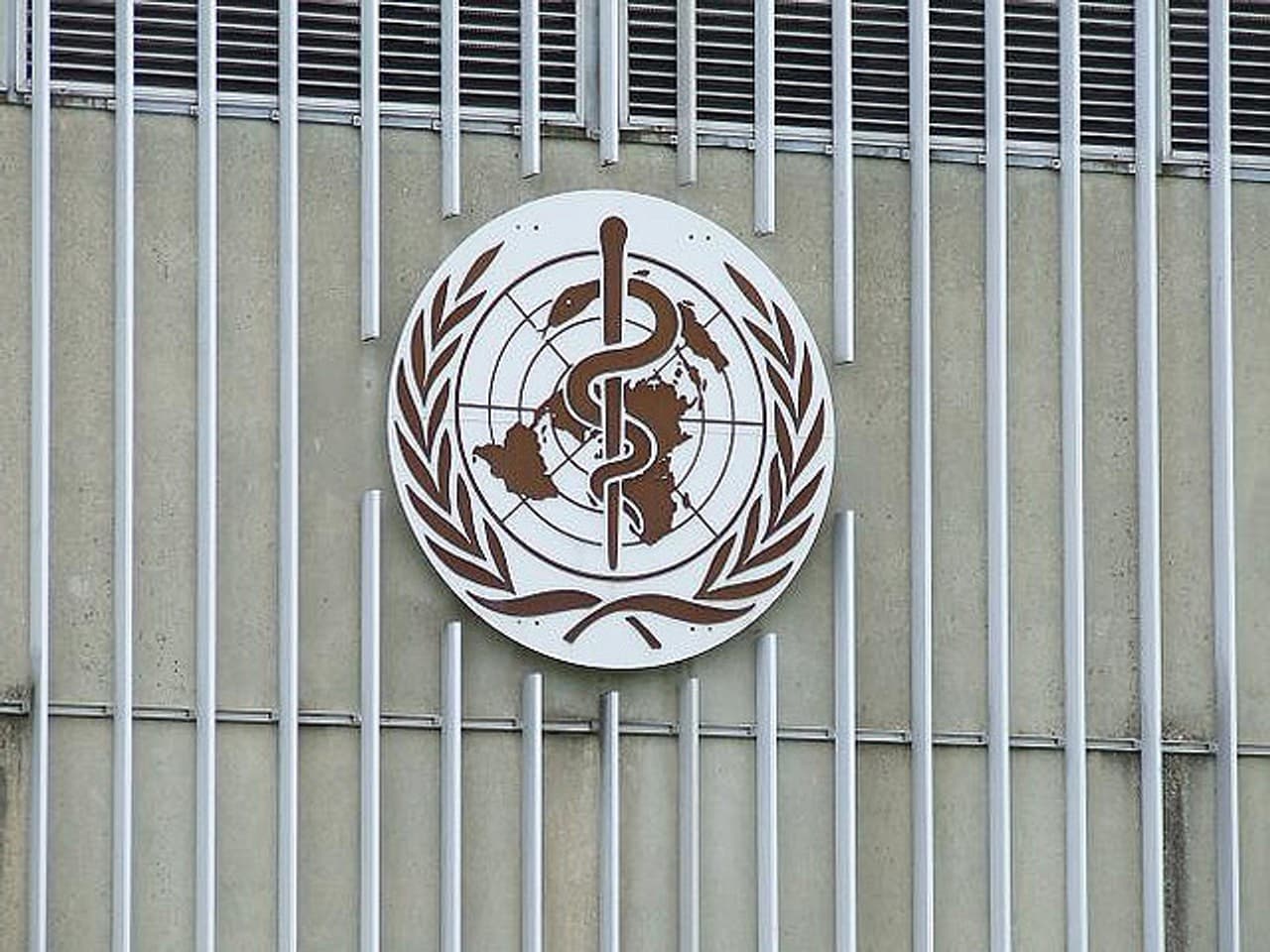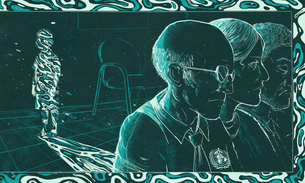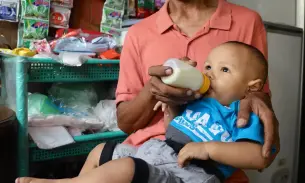
WHO swine flu advisors declare links to drug companies
A further four experts who advised the World Health Organisation on the swine flu pandemic received financial support from the pharmaceutical industry.
The WHO acted after the Bureau of Investigative Journalism revealed financial links between three of its advisors on the organisation’s 2004 pandemic flu guidelines, and vaccine manufacturers.
Initially the WHO resisted calls for a full disclosure of commercial interests of all the members of its “H1N1 emergency committee”, an influential panel set up in 2005 to advise on the disease.
But after declaring the pandemic officially over, the organisation has finally published a full list of emergency committee members along with their declarations of interest. The list can be seen here.
Four further experts disclosed past or current financial support from pharmaceutical companies: full committee members Drs Nancy Cox, John Wood and Maria Zambon and advisor to the committee Professor Neil Morris Ferguson.
Professor Monto, whose links to Roche were revealed by the BIJ, also appeared on the list as a full committee member. The WHO said Professor Monto had “declared current and past consultancies in the field of pandemic and/or seasonal influenza for GSK, Novartis, Roche, Baxter and Sanofi. The remuneration for each of these consultancies is below $10 000”.
Related article: WHO swine flu advisors had links to drug companies
The panel was criticised after the outbreak turned out to be less severe than the experts predicted. Millions of pounds worth of vaccines, stockpiled by governments on the WHO’s advice, went unused.
Paul Flynn, former rapporteur of the Parliamentary Assembly of the Council of Europe said: “We need to be absolutely certain that the advice of such experts is based on solid scientific evidence and is driven solely by the need to protect public health. The only way to do that is through total transparency. When a future pandemic is declared, the public has a right to know, from the outset, who is recommending such a drastic step – as well as any links they may have to the pharmaceutical industry, which stands to profit from such a recommendation.”
He added: “I look forward to the recommendations of the panel currently reviewing WHO’s handling of the H1N1 pandemic, and I hope it will propose publishing the names of such experts when they are appointed, and other steps towards greater transparency in how the organisation makes decisions, as recommended by the Assembly. This would help to restore WHO’s credibility – and ensure that its advice is taken seriously when the next pandemic strikes.”




